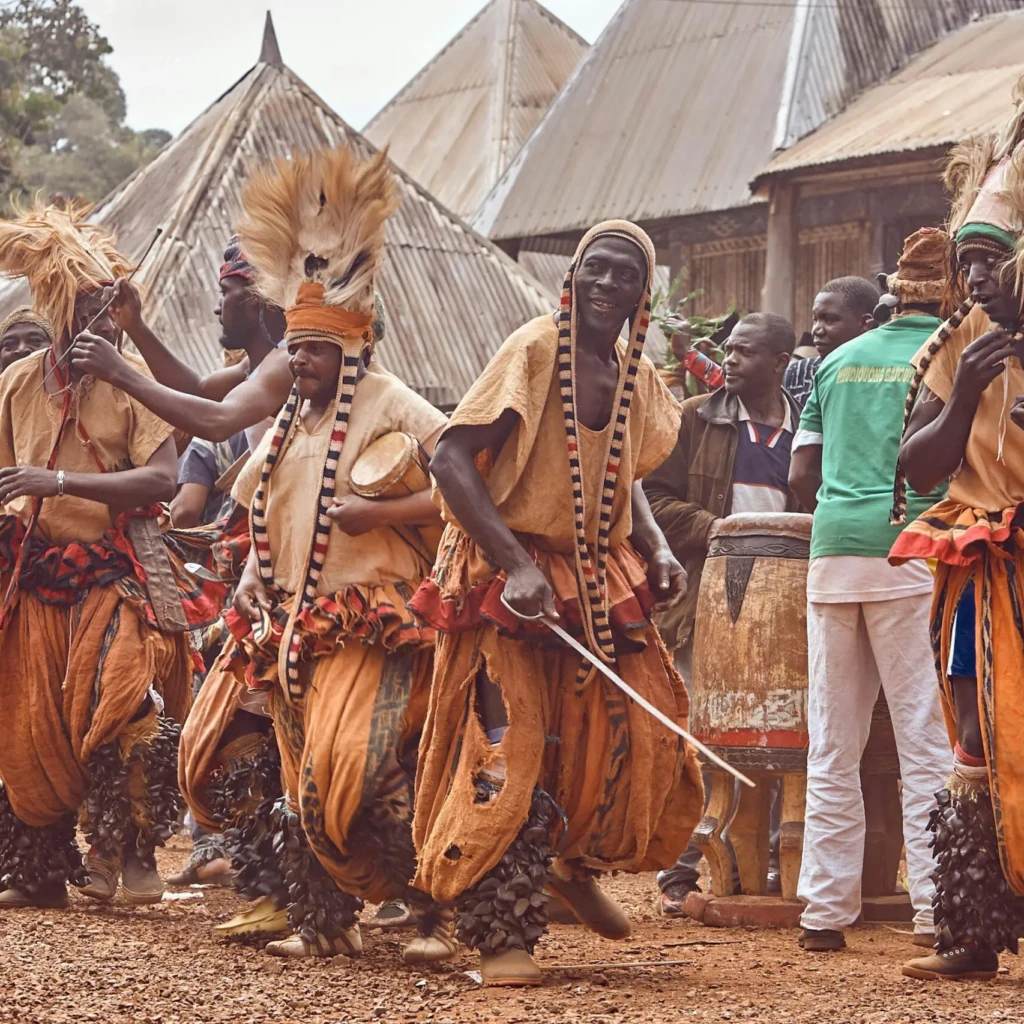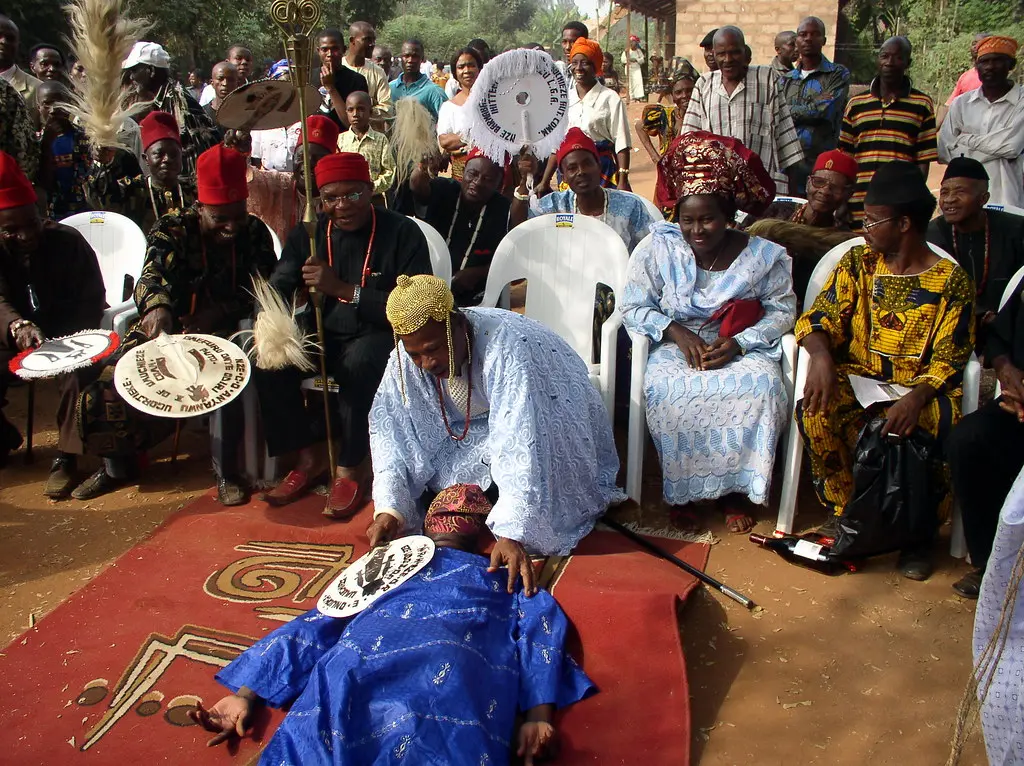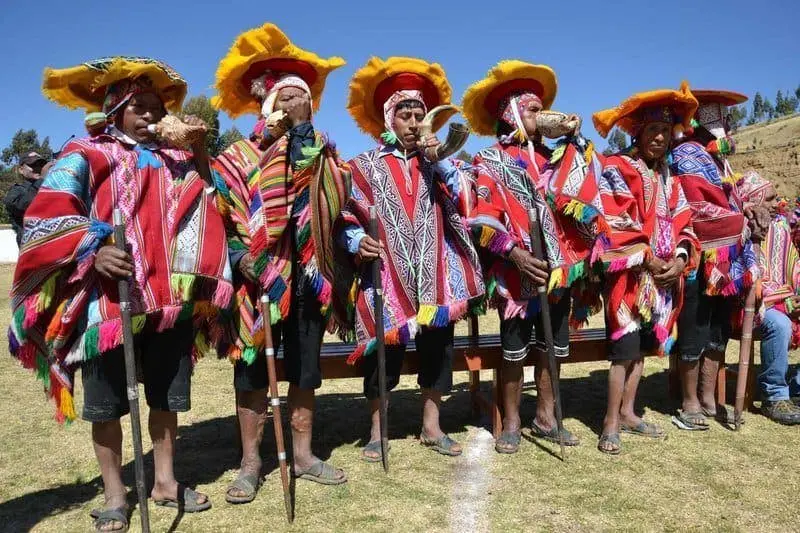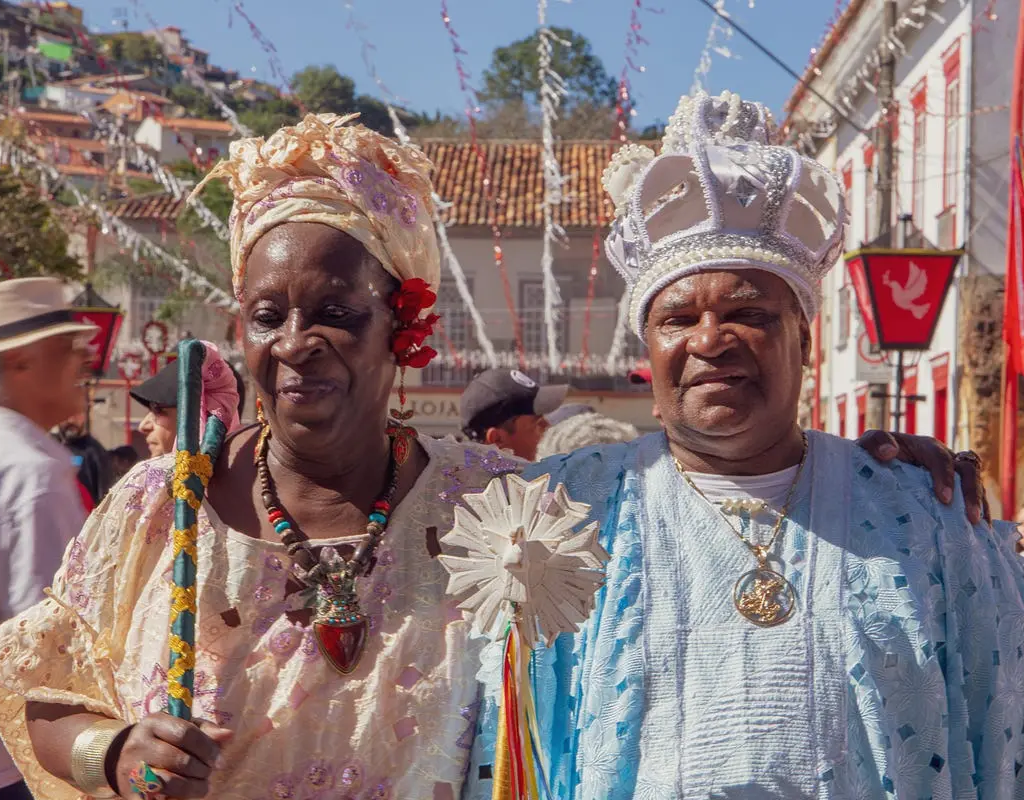Introduction: What Makes African Rituals So Powerful?

Have you ever paused to wonder what African rituals really mean? More than just ceremonies or traditions, African rituals are like keys unlocking stories, beliefs, and connections to something bigger than ourselves. The symbolism in African rituals carries meaning that goes beyond the surface — they teach, heal, unite, and even guide entire communities.
In this article, we’re going to unpack the meaning of African rituals, why they’ve been essential for centuries, and how they continue to influence people today. Think of it like diving into a rich treasure chest filled with wisdom, symbolism, and heartfelt practice.
What Are African Rituals?
Before we get into the why and how, let’s define what we mean by African rituals. Simply put, African rituals are formal or informal ceremonies that involve a set of actions performed with a specific purpose. These could be rites of passage, religious ceremonies, healing practices, or community celebrations. Much of their power comes from the symbolism in African rituals, which ties each ceremony deeply to culture, spirituality, and social values.
Why Do African Rituals Matter?
You might ask, “Why do these rituals still matter?” Because they connect people to their ancestors, nature, and community. The symbolism in African rituals gives identity a shape and offers guidance during key moments in life — birth, marriage, death, and everything in between.
1. Rituals as a Bridge to Ancestral Spirits

One core meaning of many African rituals is to communicate with ancestors. It’s believed ancestors watch over the living and influence their wellbeing. The symbolism in African rituals often represents this spiritual connection, with rituals opening a door to ask for blessings, protection, or guidance.
2. Rites of Passage: Marking Life’s Important Moments

African rituals often mark transitions — from childhood to adulthood, singlehood to marriage, or life to death. These rites of passage are like the milestones on life’s road, helping individuals and communities understand and honor these changes.
3. Healing and Cleansing Rituals
Ever heard of rituals that clear negative energy or promote healing? Many African cultures use cleansing ceremonies to remove spiritual blocks or cure illnesses. These rituals combine herbal medicine, prayer, and symbolic acts to restore balance and health.
4. Fertility and Harvest Rituals: Celebrating Life and Nature

Fertility and harvest rituals thank the earth for its gifts and ask for prosperity. These ceremonies are deeply meaningful because they recognize the cycle of life, growth, and renewal — a beautiful reminder of humanity’s connection to nature.
5. Funerary Rituals: Honoring the Dead and Supporting the Living
Death is not an end but a transition in African beliefs. Funerary rituals help the spirit move on and provide comfort for the living. They can be elaborate ceremonies full of songs, dances, and offerings to honor the deceased.
6. Spiritual Cleansing: Purifying Body and Soul
Many African rituals focus on purifying the individual or community. Think of it like spiritual spring cleaning — washing away negative forces to start fresh. This can involve water, fire, smoke, or specific chants.
7. Rituals and Community Bonding
Rituals bring people together. Whether it’s a festival or a quiet prayer session, these gatherings strengthen social bonds, create a sense of belonging, and pass on shared values.
8. The Role of Ritual Leaders
Every ritual usually involves a specialist — a priest, shaman, or elder — who guides the ceremony. These leaders are keepers of tradition, trained in the sacred knowledge that ensures the ritual’s meaning is honored and powerful.
9. Symbolism: The Language of Rituals
African rituals are packed with symbols — colors, objects, songs, and dances — that carry hidden meanings. For example, white might symbolize purity, while certain drums call spirits. Understanding these symbols is key to grasping the ritual’s full message.
10. The Meaning Behind African Dance and Music in Rituals
Music and dance aren’t just for entertainment in African rituals; they are powerful tools for communication and spiritual connection. Rhythms and movements can invite spirits, tell stories, or express emotions words can’t capture.
11. How African Rituals Teach Life Lessons
Each ritual is like a lesson wrapped in ceremony. They teach respect for nature, elders, and community. They encourage patience, courage, and wisdom — values that shape how people live their lives.
12. African Rituals and Identity
Rituals are a huge part of what makes someone feel connected to their roots. Participating in rituals helps people understand where they come from and strengthens their cultural identity.
13. Rituals in Modern African Society
You might think rituals belong to the past, but they are very much alive today. Many Africans continue to observe rituals, sometimes blending them with modern religions and lifestyles. This fusion keeps traditions relevant and meaningful.
14. Challenges Facing African Rituals Today
Urbanization, modernization, and globalization pose challenges. Some young people view rituals as old-fashioned or irrelevant. Yet many are finding new ways to adapt and celebrate these practices in contemporary ways.
15. How You Can Respect and Appreciate African Rituals
Whether you are African or simply interested, learning about and respecting these rituals helps preserve their meaning. Attend cultural festivals, read about traditions, or speak with elders. Showing curiosity and respect keeps the ritual spirit alive.
Conclusion: The Living Meaning of African Rituals
African rituals are not just about ceremonies — they’re about connection, meaning, and life itself. They link us to ancestors, teach us valuable lessons, and bind communities together. Understanding their meaning invites us all to appreciate the depth and richness of African culture. So next time you witness a ritual, remember, it’s not just a tradition — it’s a living story.
FAQs About African Rituals Meaning
Q1: What is the main purpose of African rituals?
African rituals mainly serve to connect people with their ancestors, nature, and community, often to mark important life events or seek guidance.
Q2: Are all African rituals religious?
Not always. Some rituals are spiritual, some social, and others cultural, but many have religious elements depending on the community.
Q3: Can African rituals be adapted for modern times?
Yes! Many rituals evolve and blend with modern lifestyles while still keeping their core meanings intact.
Q4: What role do elders play in African rituals?
Elders are often ritual leaders and keepers of sacred knowledge, guiding ceremonies and passing traditions to younger generations.
Q5: How do African rituals promote community bonding?
Rituals bring people together in shared ceremonies, fostering a sense of belonging, cooperation, and cultural pride.


